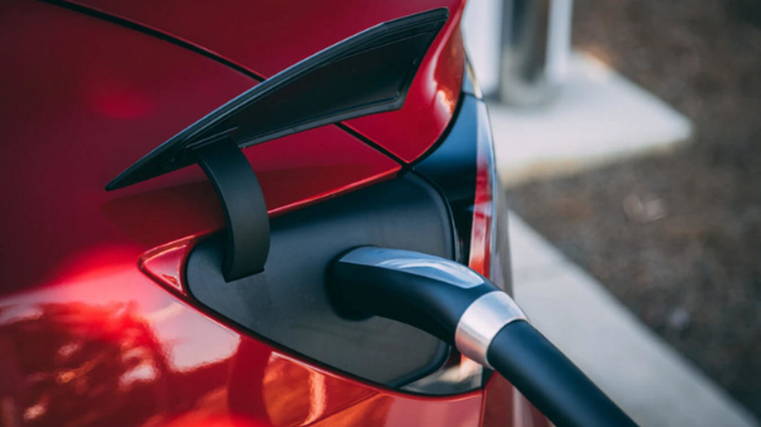EVs gobbling up more energy

The global adoption of electric vehicles (EVs) led to energy demand driven by those units jumping by more than 120 per cent last year when compared with 2022, according to new research.
Major changes in demand were particulary evident in Europe, the United States and China.
Finbold, which provides daily reporting on the performance of a range of financial markets, found the largest change in absolute terms took place in Europe and went from 11,000 gigawatt hours (GWh) annually to 28,000 GWh.
In relative terms, the US saw the biggest change as demand increased 205.6 per cent.
Furthermore, Finbold says the trend is expected to pick up pace in the coming years and the world is expected to need 710,000 GWh to power its electric cars – nearly 632 per cent more than in 2023.
Additionally, although the US fell behind in recent years – and particularly in 2020 – it is expected to catch up in the coming six years and account for about one-third of the global EV electricity demand.
While the current impact of EV adoption and the projected future impact can’t be overstated, it is important to remember these vehicles do not represent a skeleton key to the global green transition.
Andreja Stojanovic, a co-author of the research, says: “Electric vehicles alone do not provide a complete [or] comprehensive solution. A significant portion of the electricity used to power EVs is still produced from fossil fuels, and the extraction of lithium – a key component in lithium-ion batteries – remains a highly contentious issue.”
Nonetheless, the compounding effects of EV adoption and the broader transition to green energy are likely to be significant, if not sufficient, given the current rate of fossil fuel burning.





